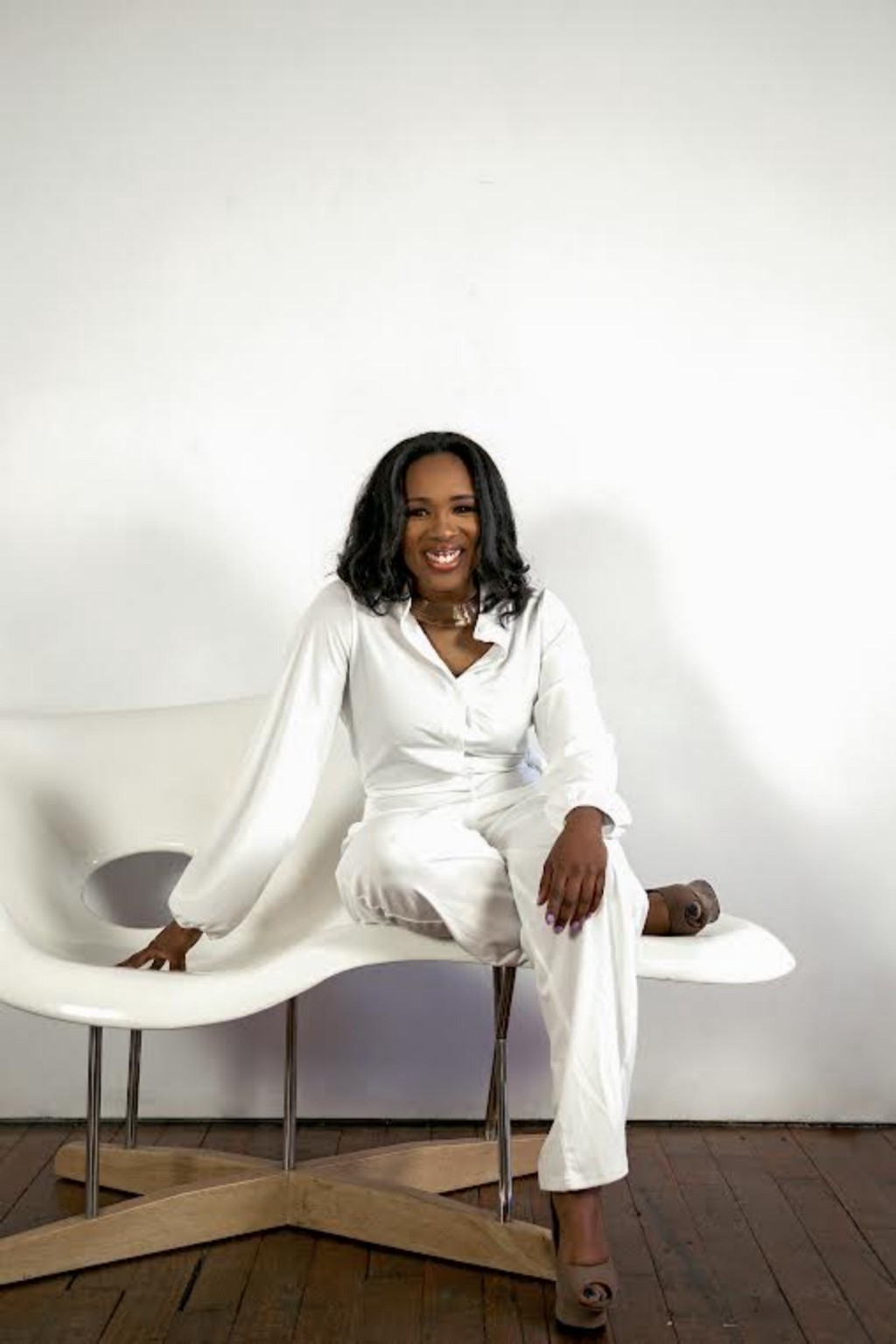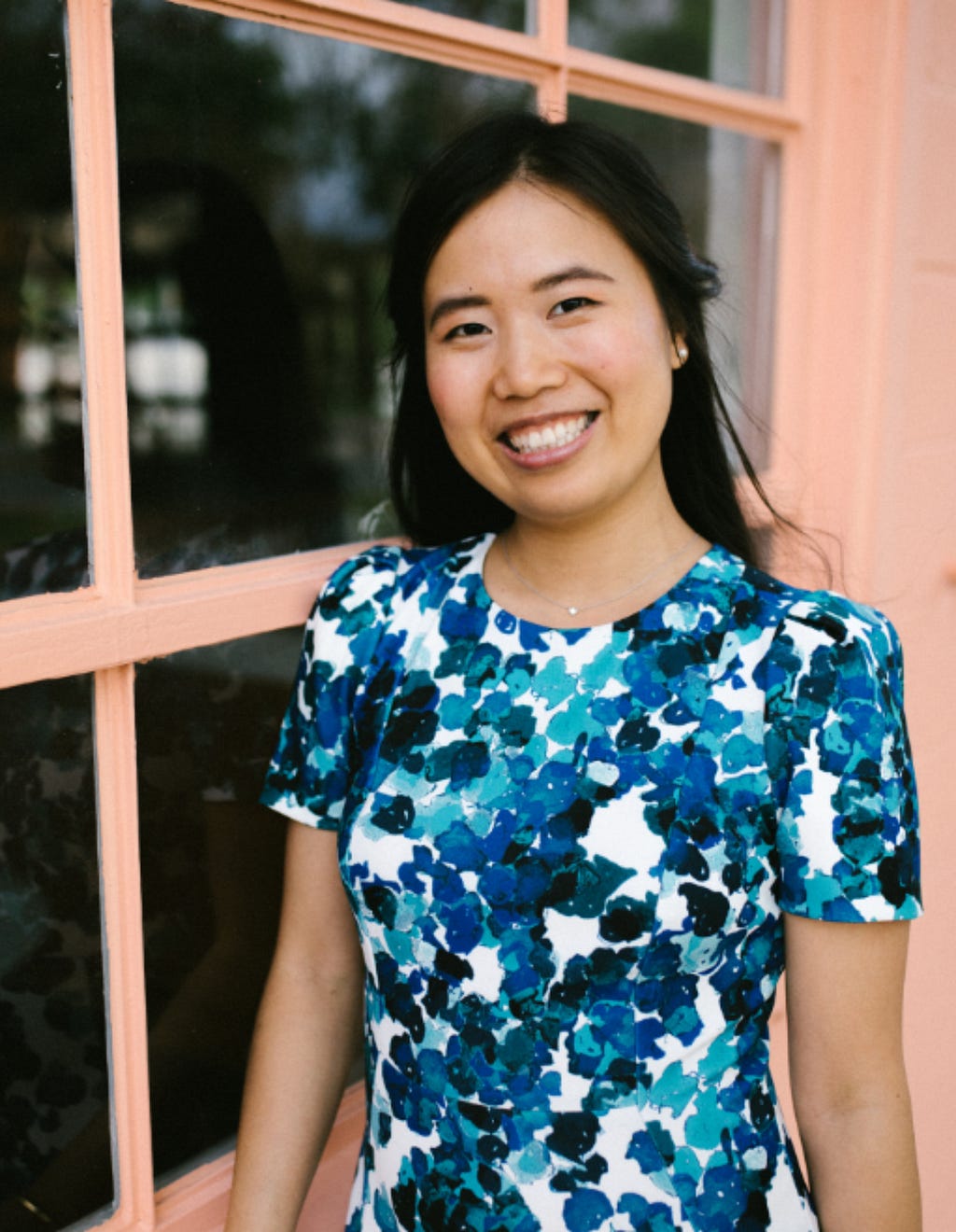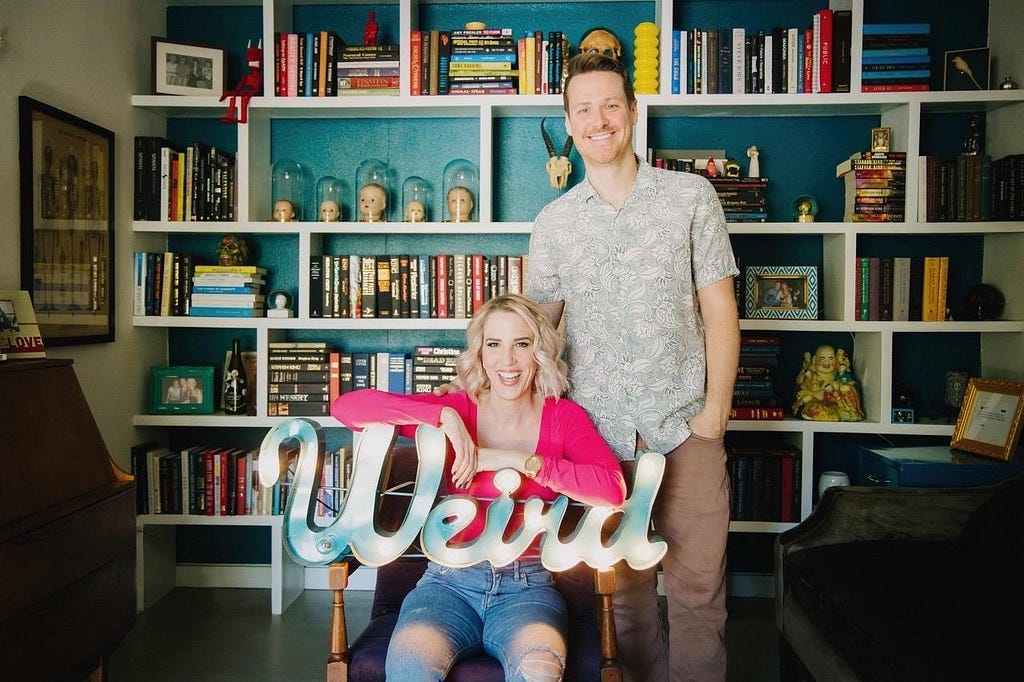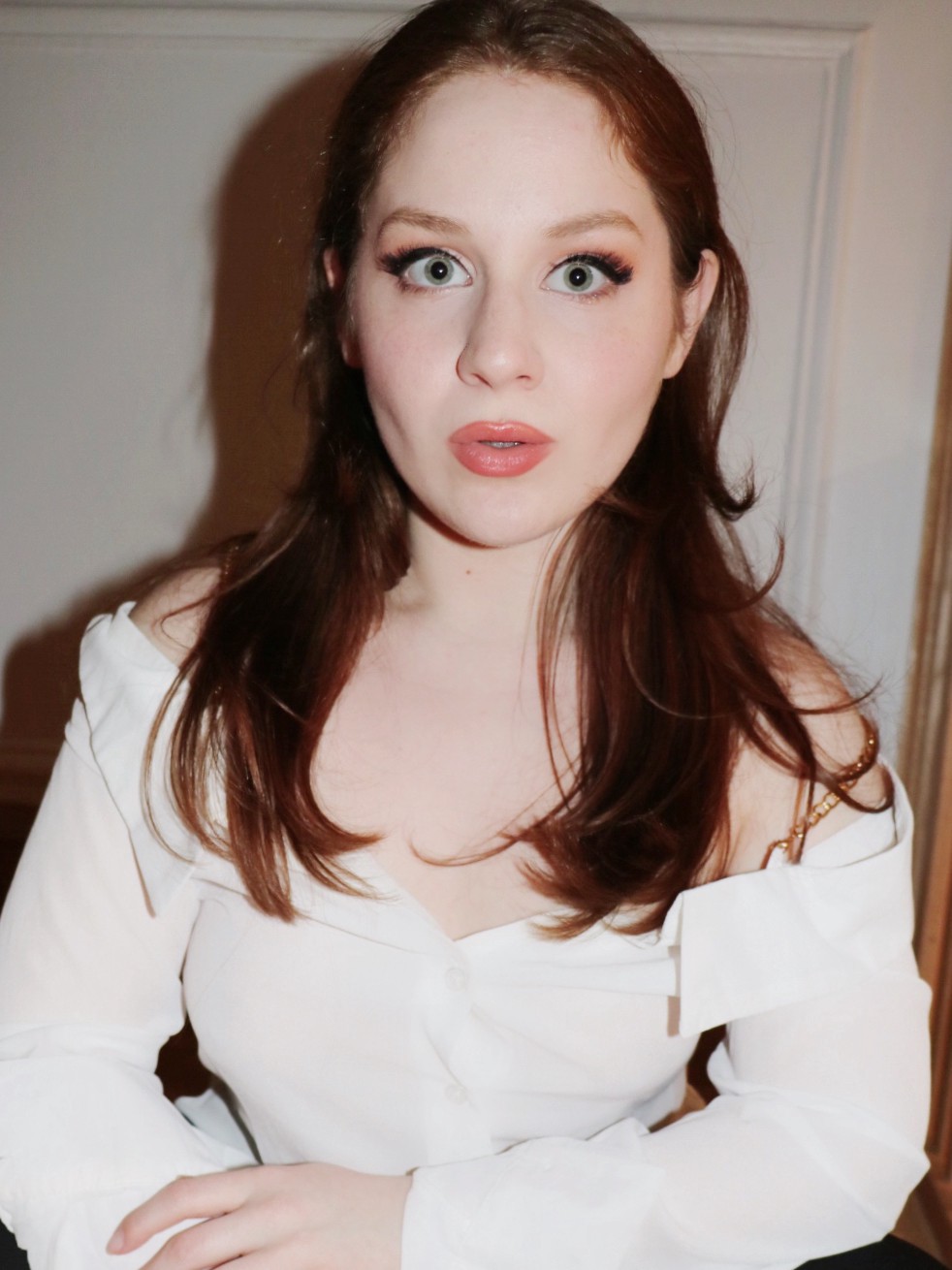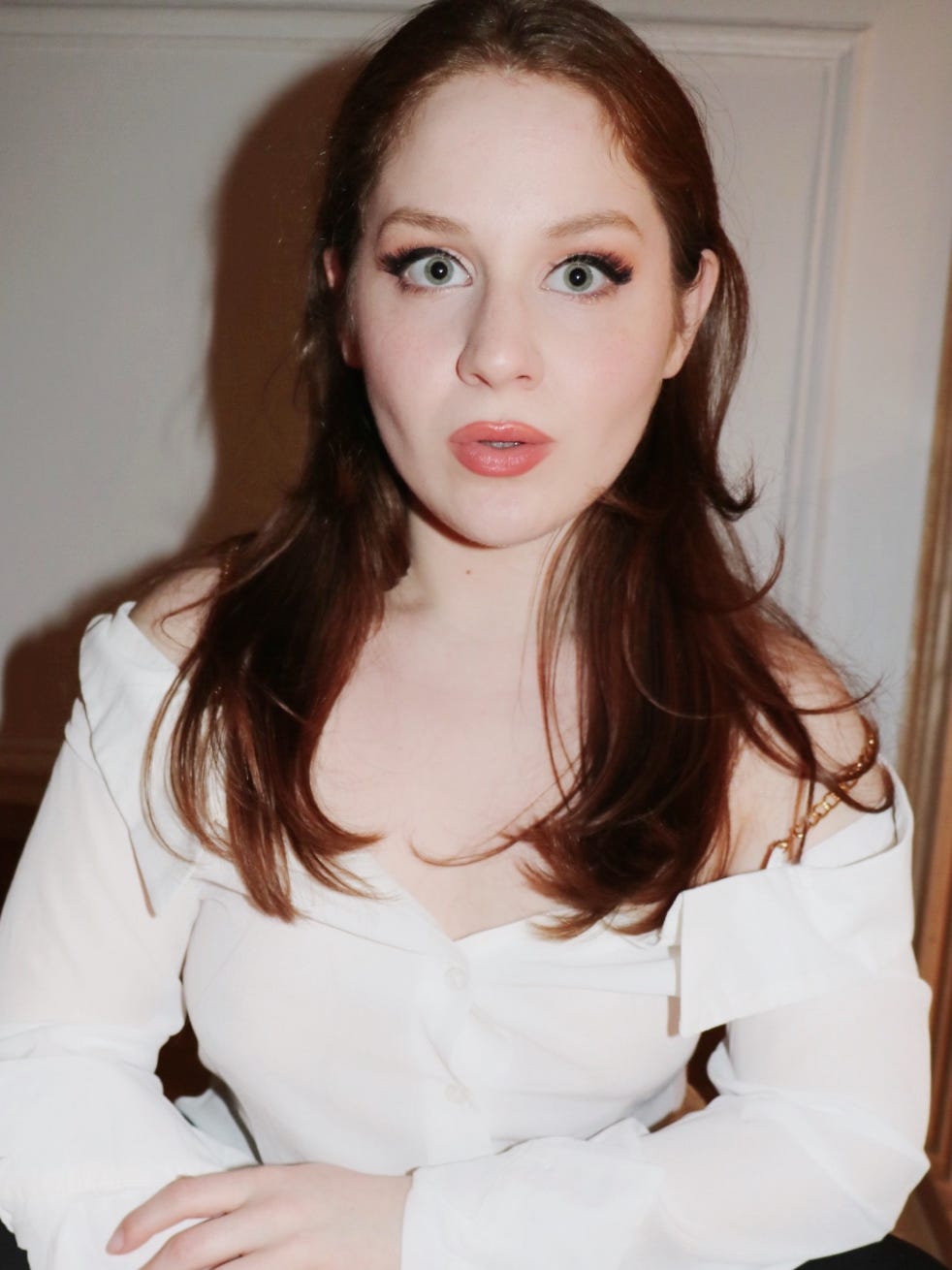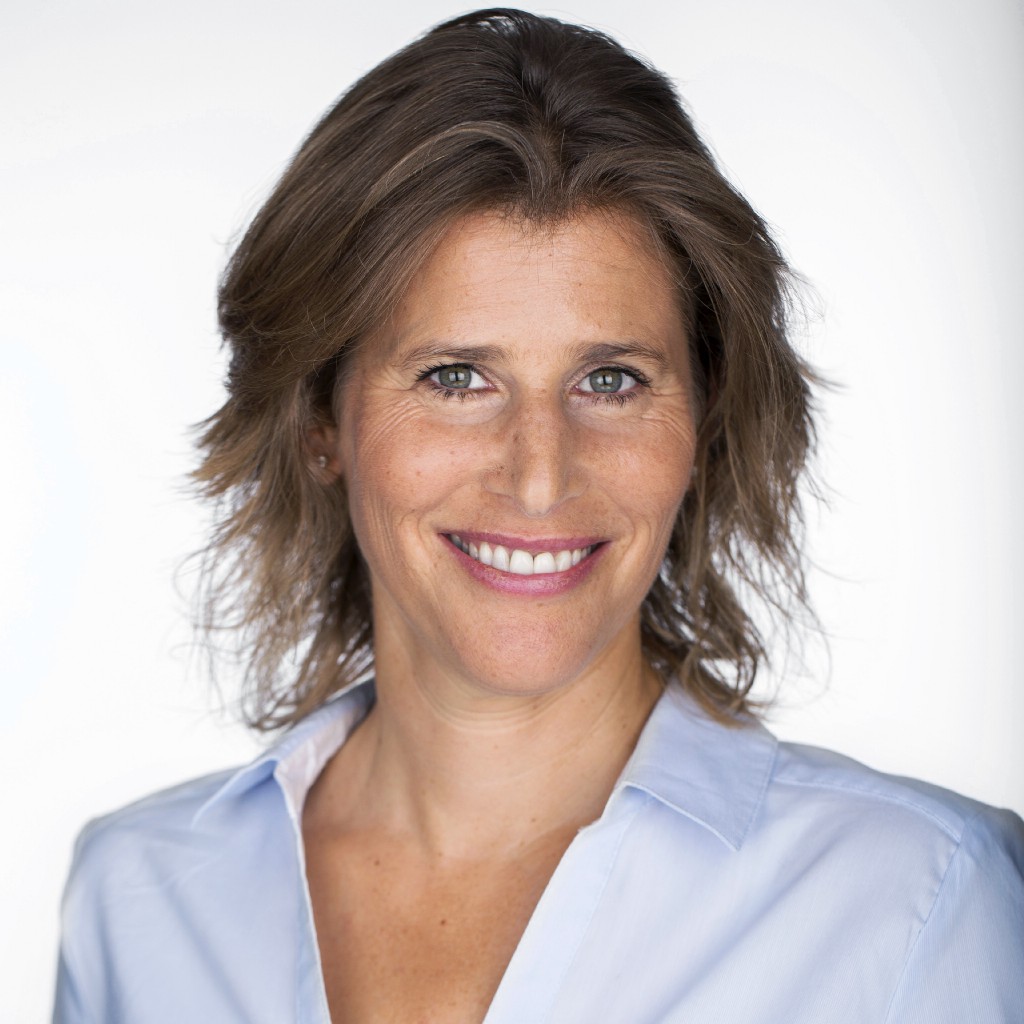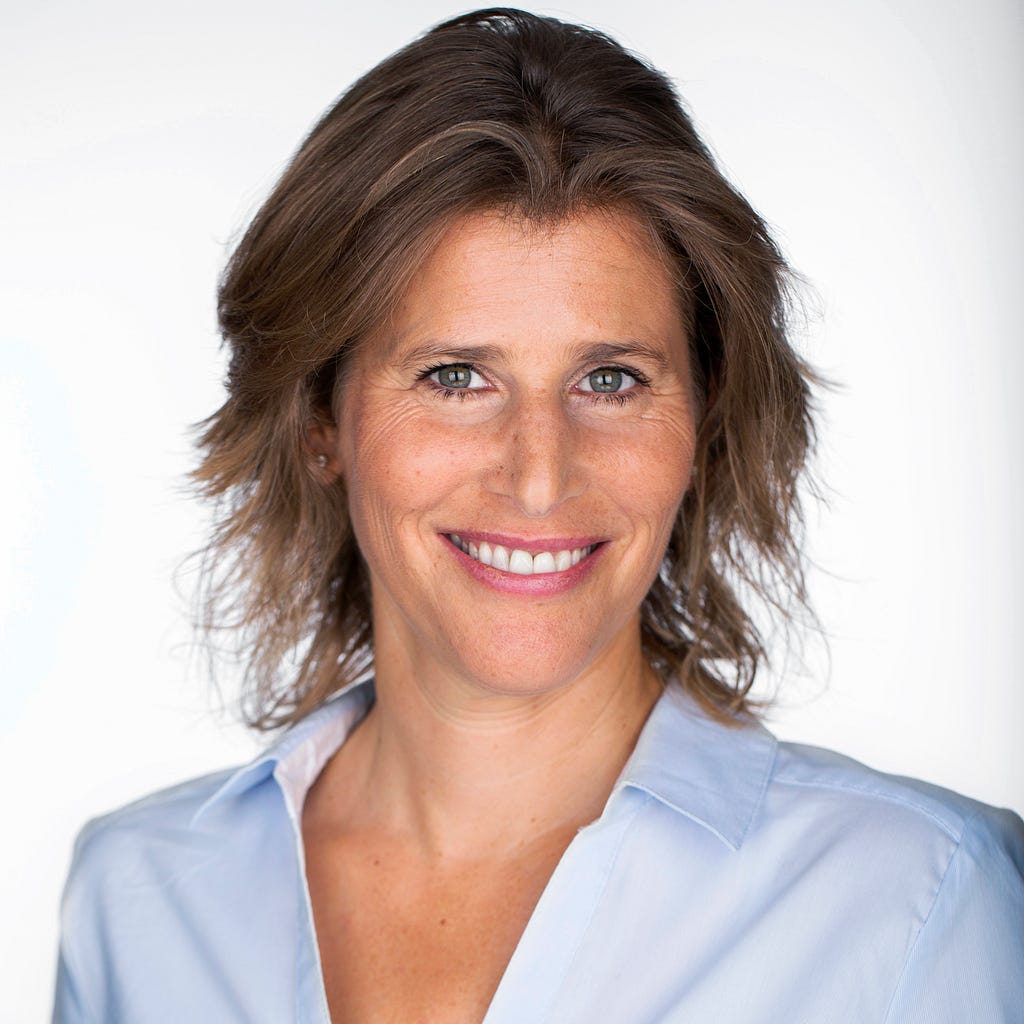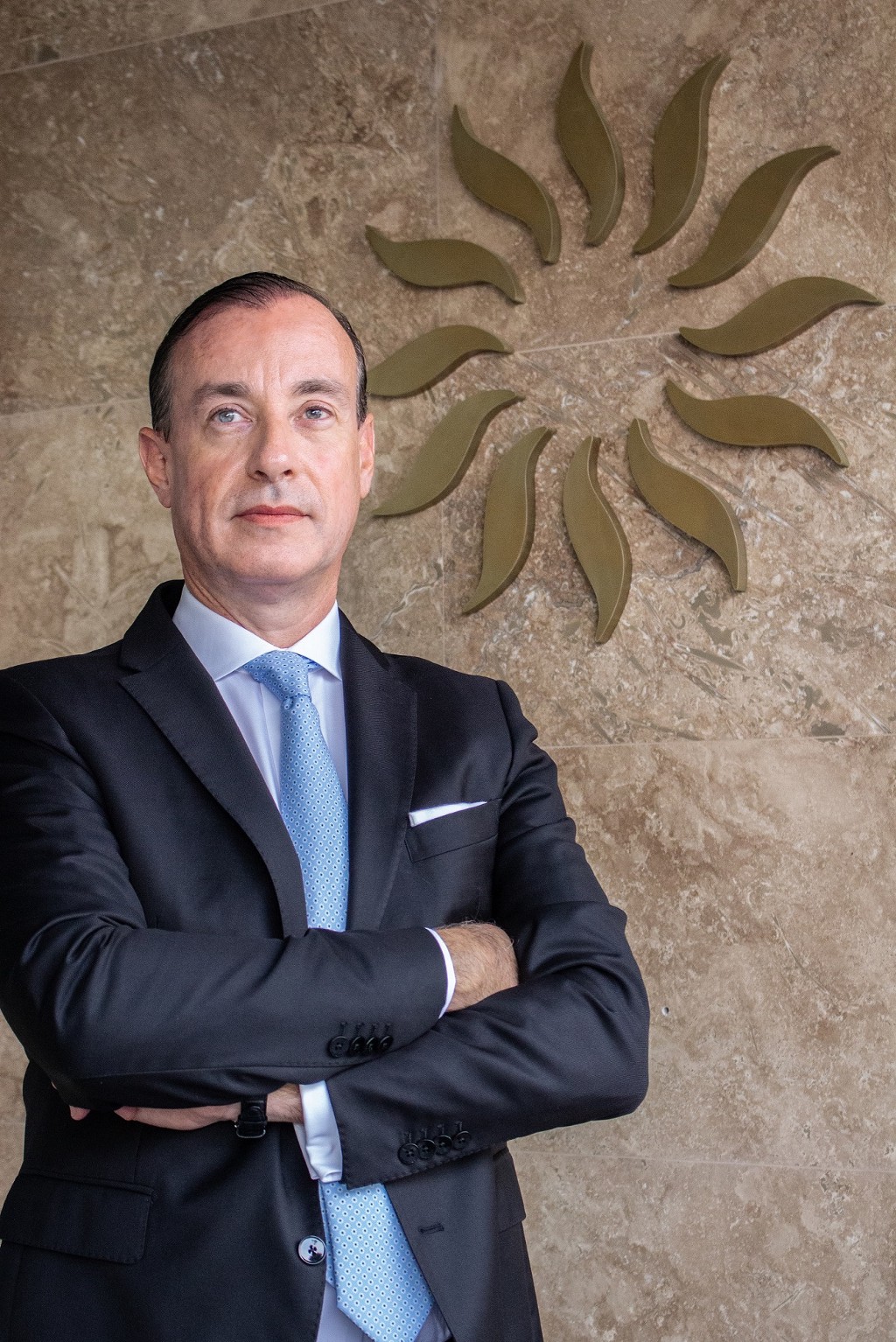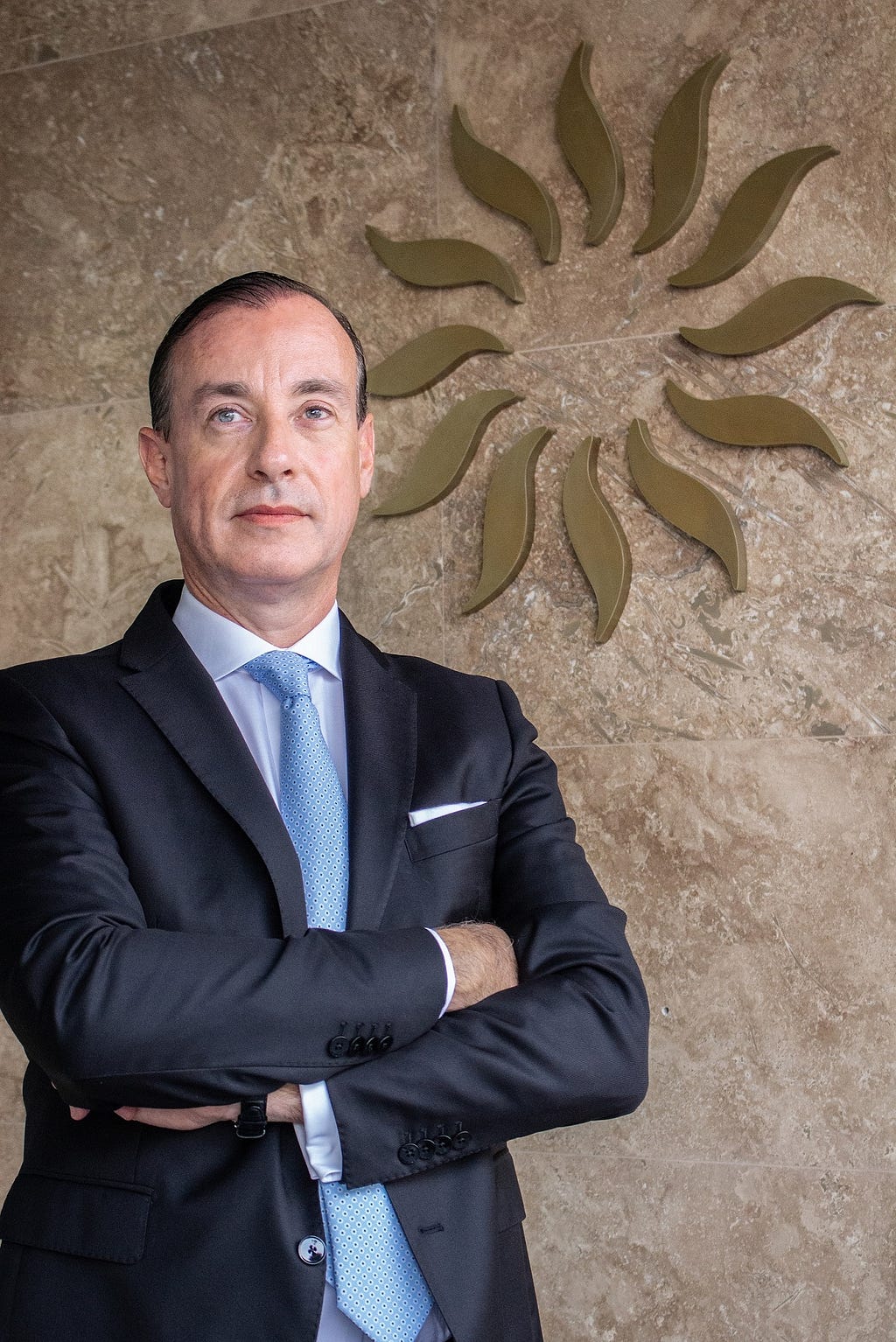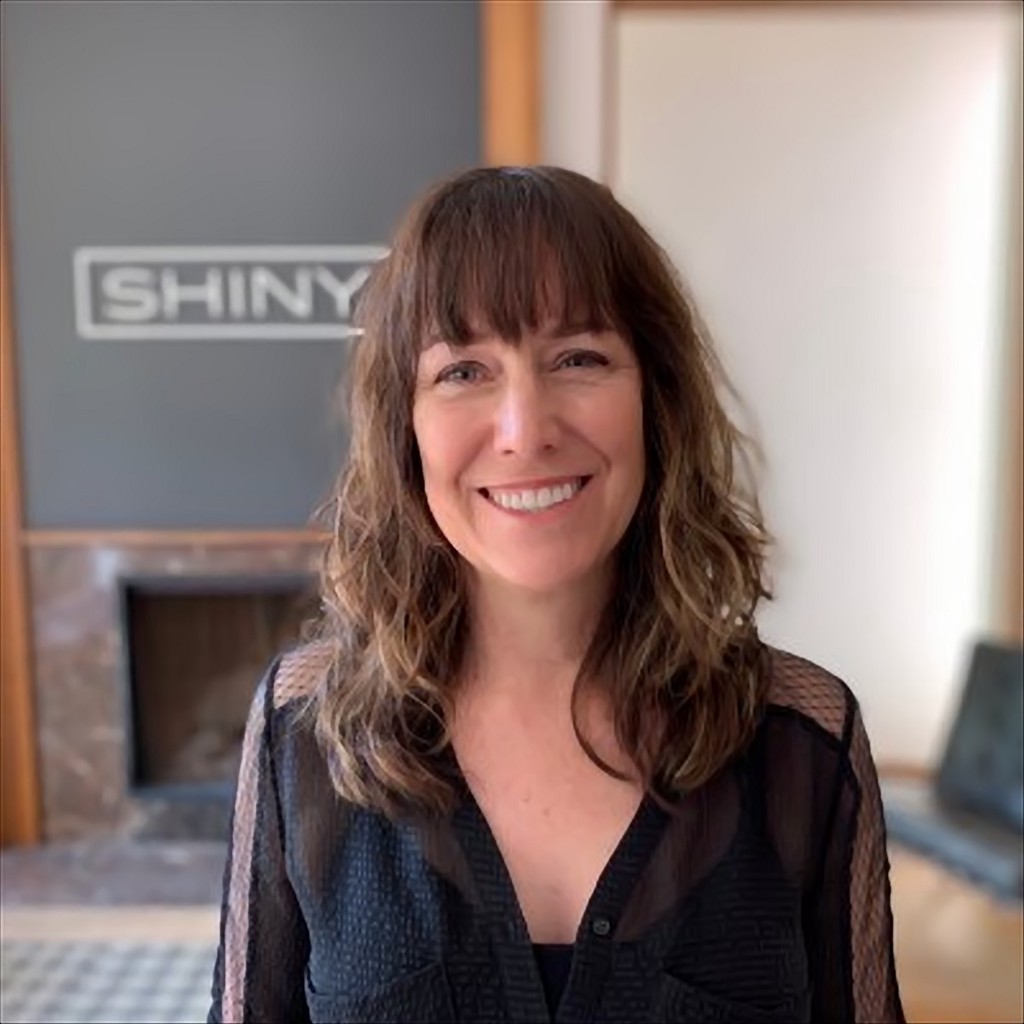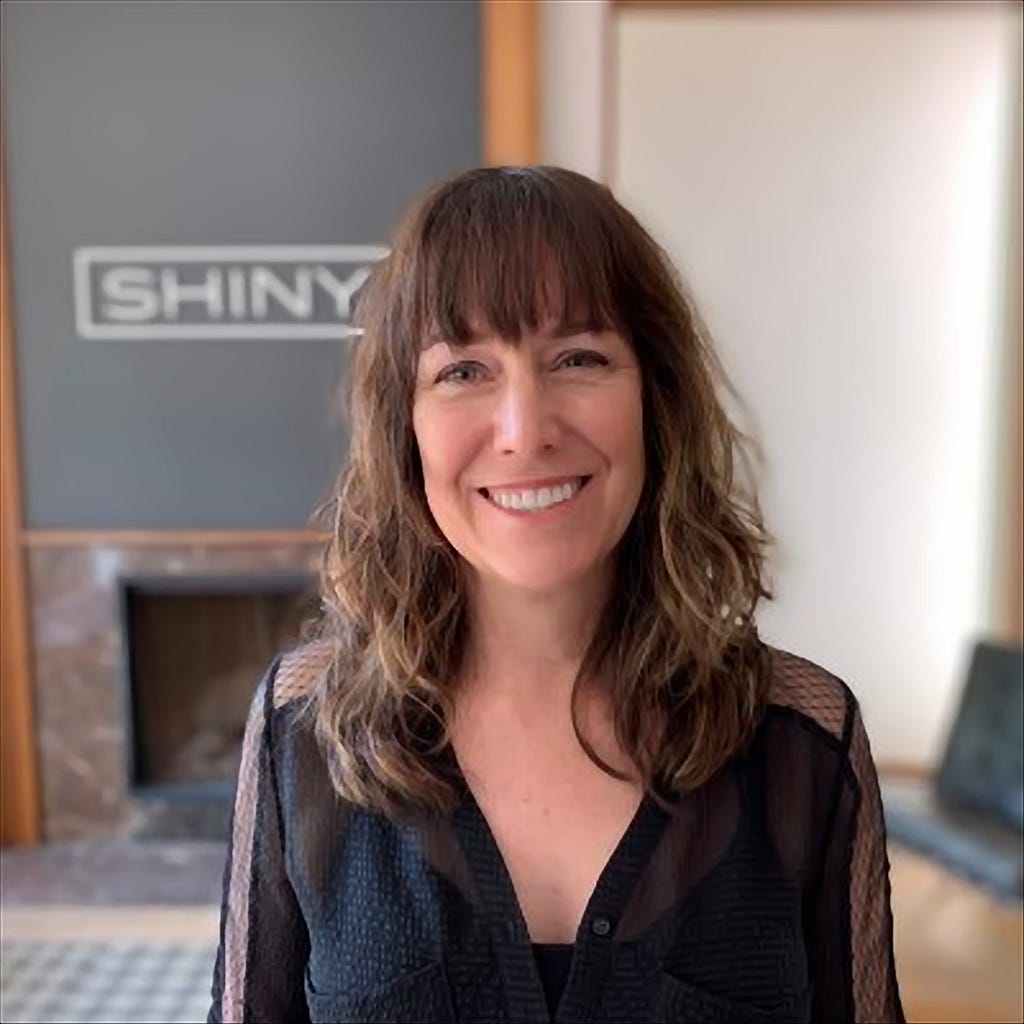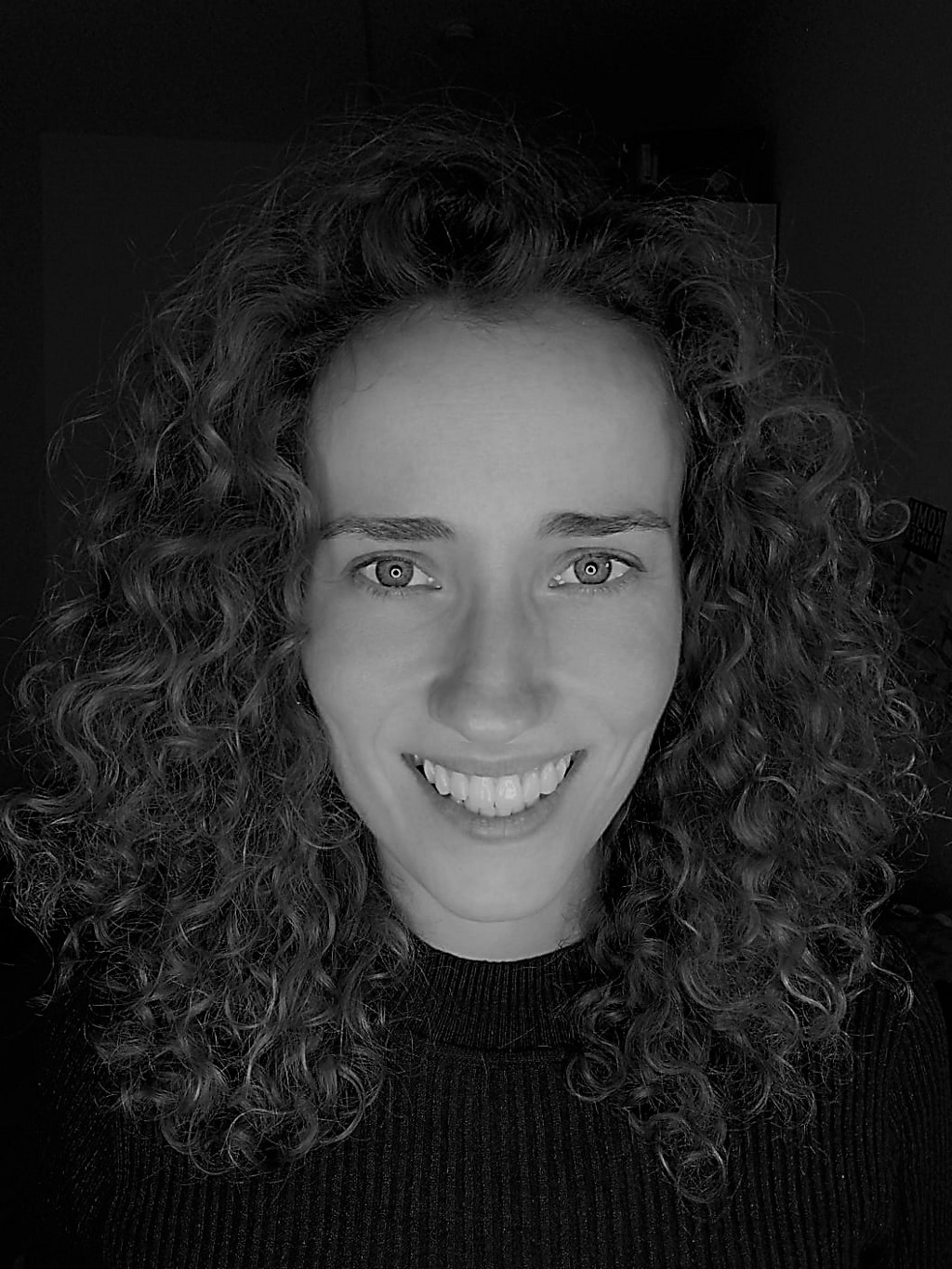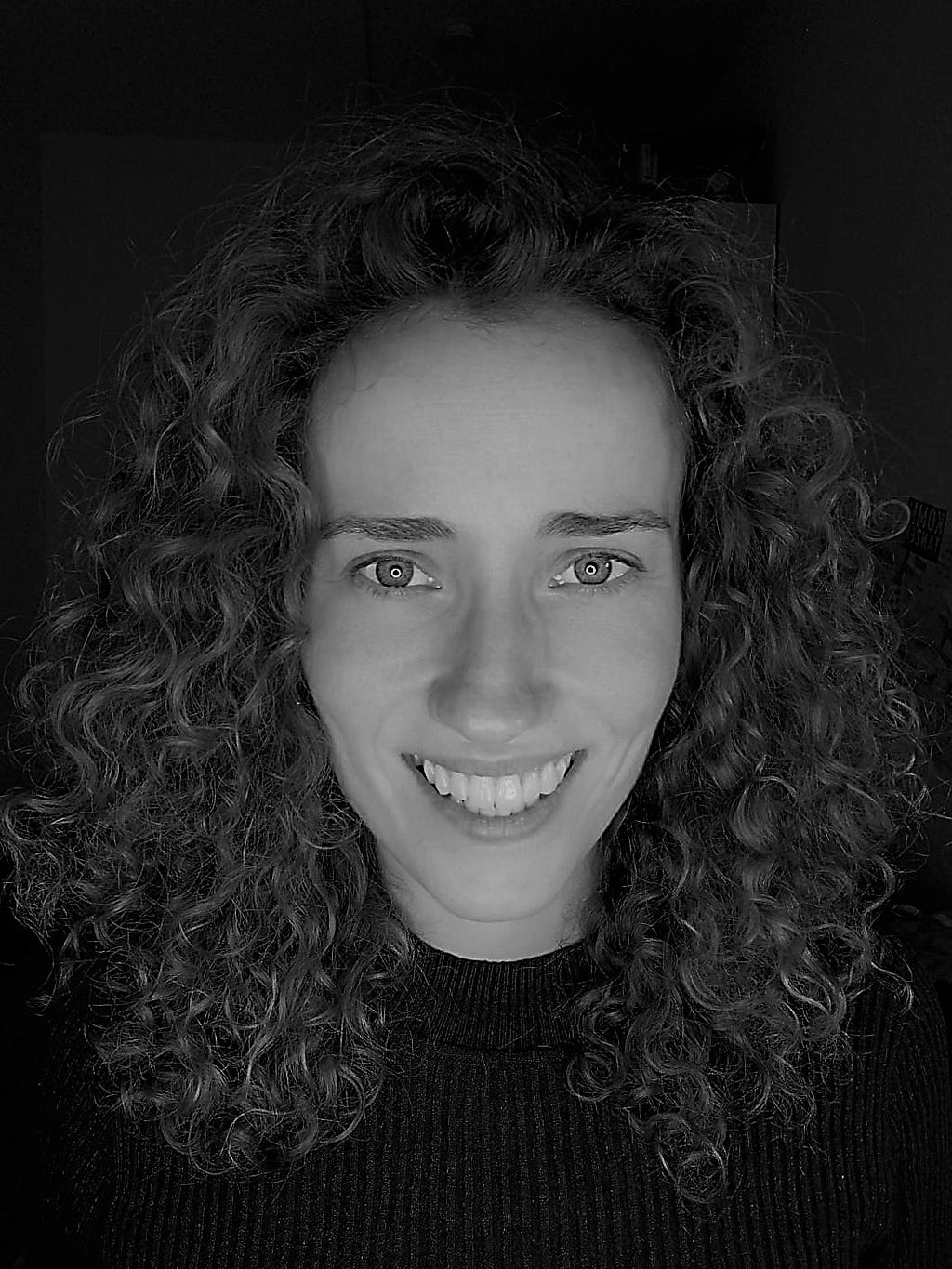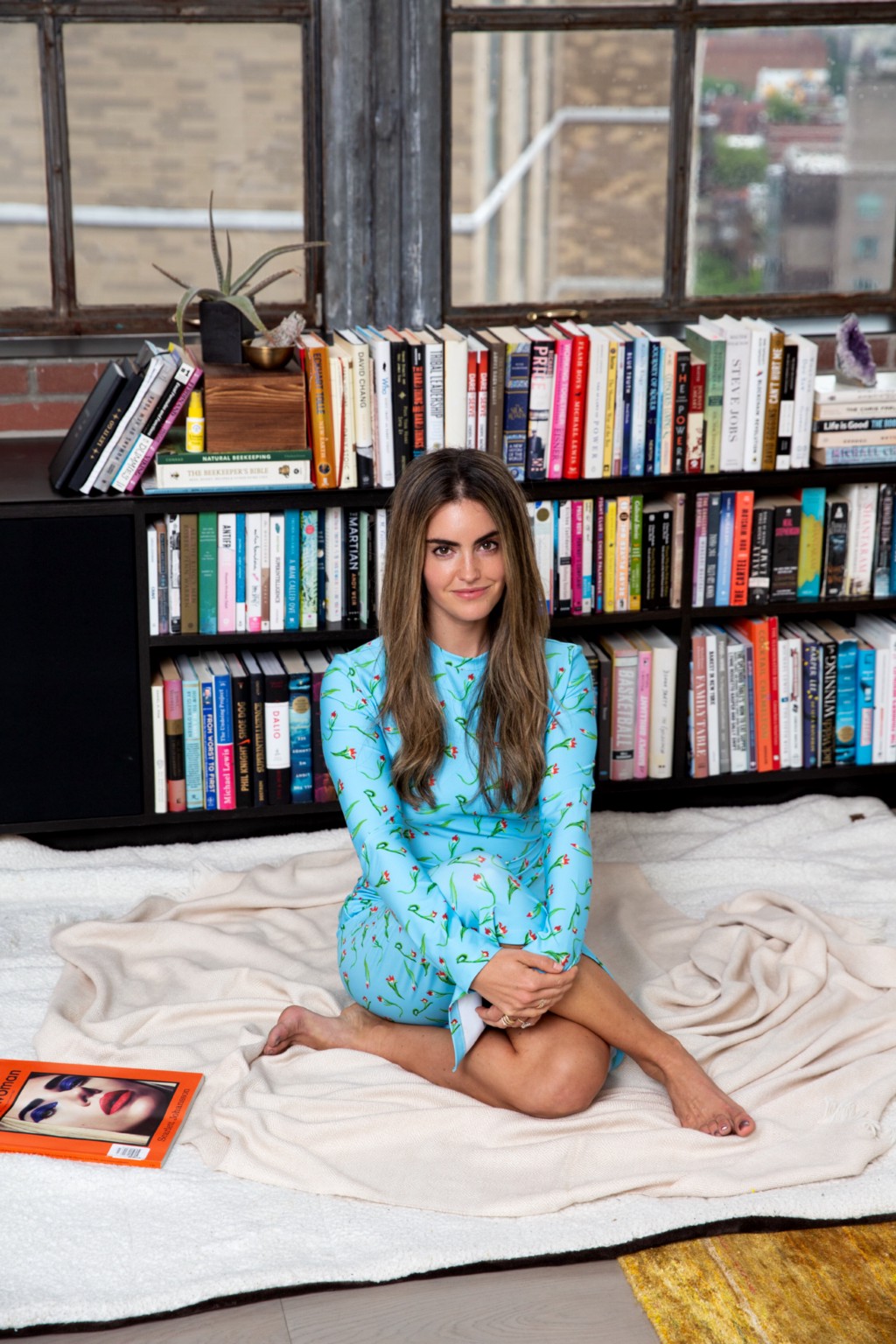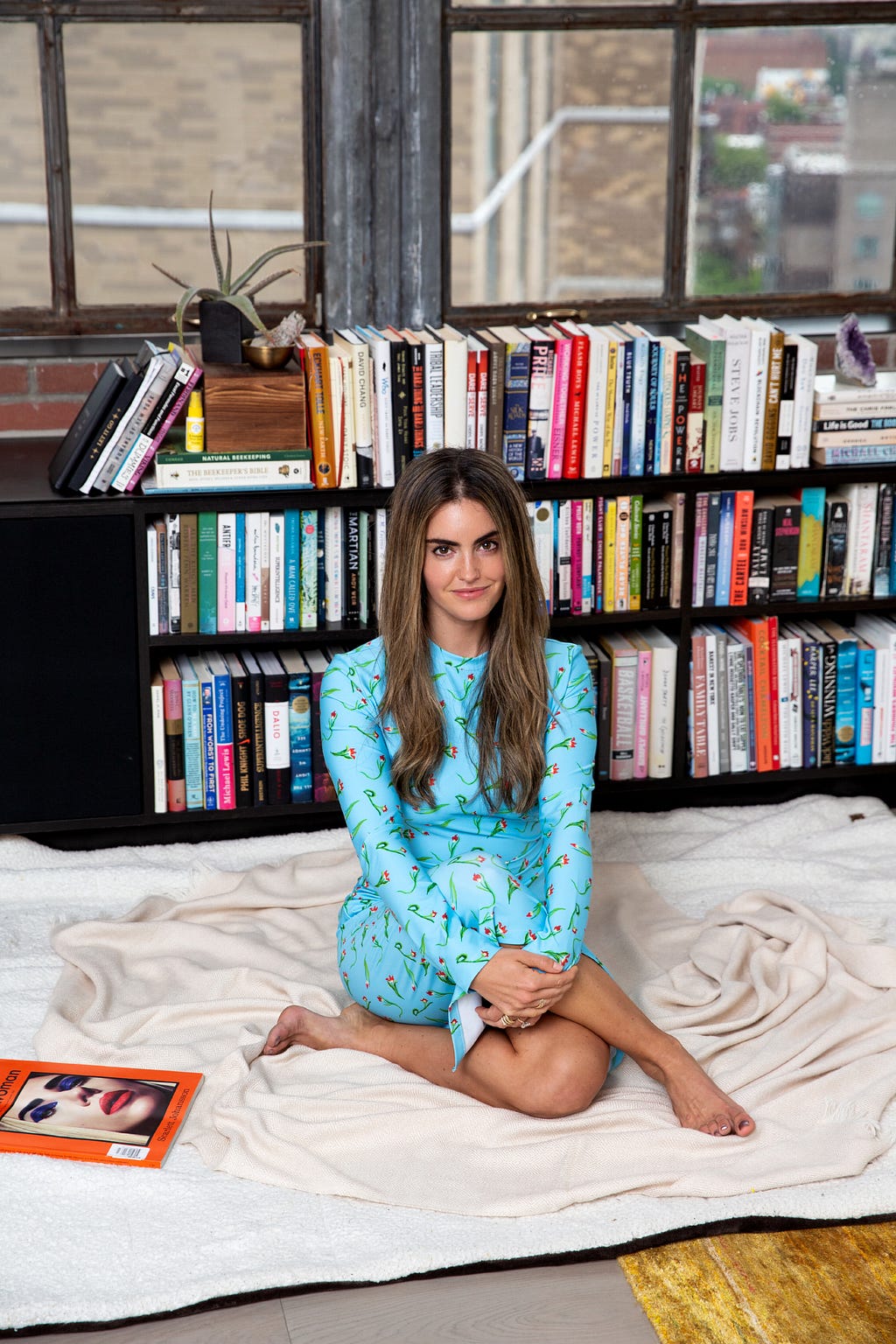Female Founders: Constance Panton of Bifties Gifts On The Five Things You Need To Thrive and Succeed as a Woman Founder
An Interview With Candice Georgiadis
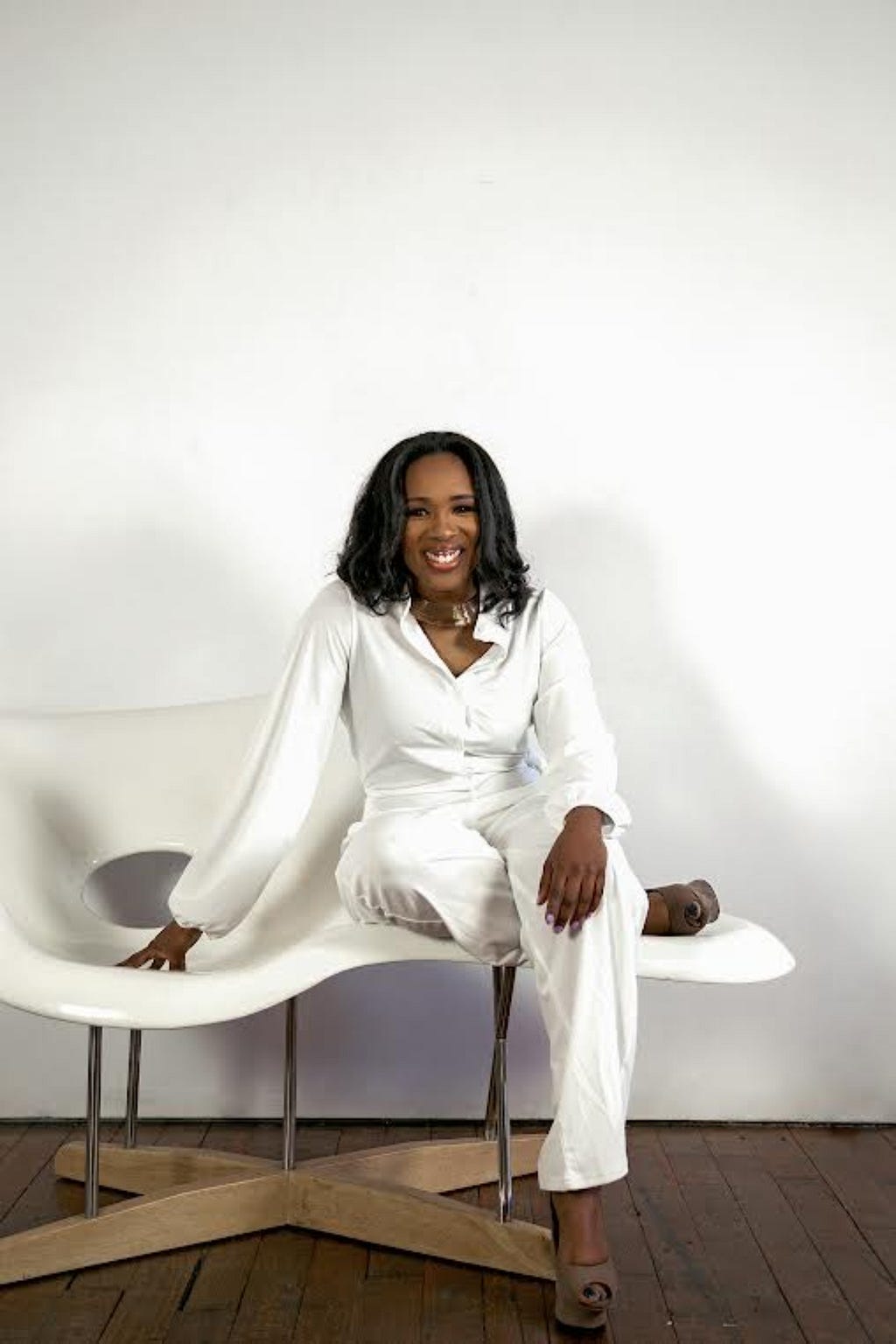
Be an Avid Learner — I am constantly learning new things for my business. Primarily because I don’t want to have to pay someone to do it. But you have to take time and invest in your business by investing in yourself, as well as learning and increasing your business acumen.
As a part of our series about “Why We Need More Women Founders”, I had the pleasure of interviewing Constance Panton.
Constance Panton is the owner and founder of Bifties Gifts. Constance and her company specialize in curating custom gifts featuring all Black-owned brands for consumers and wholesale customers. Constance is a positive voice in the e-commerce marketplace who highlights and raises awareness for the awesome products Black-owned brands have to offer, and she uses her platform to make them accessible to everyone.
Thank you so much for doing this with us! Before we dig in, our readers would like to get to know you a bit more. Can you tell us a bit about your “backstory”? What led you to this particular career path?
I started Bifties back in 2016 as a gift exchange, also known as Secret Santa. I wanted to do something to send a collective hug to the Black community. I was feeling a massive shift after 2 years of what seemed like daily news stories about unarmed Black men being killed by police — Eric Garner, Michael Brown, Walter Scott, Freddy Gray, Tamir Rice, and the names kept coming. I knew it was impossible to hug everyone but when I was invited to a Secret Santa that year, I knew I found my answer. I would start my own gift exchange with the criteria that all gifts must come from a Black-owned business. It didn’t matter what color you were, as long as your gift came from a Black-owned business. Building this new gift exchange was challenging. Most of my non-Black friends thought it was a call to action just for my Black friends. Many knew no Black businesses or did not live near any. Others didn’t know what I meant by Black owned business, so they thought buying Mary Kay from their aunt fit the bill. Not exactly what I had in mind. So I decided to make it easy and start an Instagram page with Black-owned businesses to share with the group. After 4 years of trying to mitigate poorly wrapped gifts and witnessing a lack of well-designed items, I decided to open Bifties as an e-commerce store offering well-designed, premium, fun gifts from Black-owned brands all year-round, not just for the holidays.
Can you share the most interesting story that happened to you since you began leading your company?
Receiving the opportunity to provide gift boxes for ESPN’s Humanitarian Awards this year! What a surreal moment! I briefly experienced Imposter Syndrome thinking that whatever could go wrong would go wrong — to boot! The turnaround window was so quick that I used a vendor I’ve never worked with before. This vendor stated that they shipped quickly from the US, however, talks of overseas shipment delays began to surface, and I discovered that they were not US-based. Five days before the event, still no boxes. The boxes were stuck on a shipping container in California. We quickly pivoted to create plain boxes and contacted a printer to make custom belly bands to place around each box. I used my Cricut to create 150 foil appliques and we manually applied them to all the boxes! The custom belly bands were printed on contact paper, the only material the printer had on such short notice. It was so hectic. We finished just in time, the night before our deadline. The next morning, we rented a U-haul truck to hand-deliver our boxes to Manhattan. During the drive from NJ to NY, some of the contact paper began to adhere to other boxes. We had to fix them on site! It was so frustrating. Thankfully, the final boxes came out great and everyone loved them. Talk about crisis management and lessons learned lol.
Can you share a story about the funniest mistake you made when you were first starting? Can you tell us what lesson you learned from that?
I mistakenly ordered 12 cases of pancake mix. I meant to order just 12 individual packs and ended up with 144 packs of pancake mix. I donated them to our local church. What I learned was to slow down and read.
None of us are able to achieve success without some help along the way. Is there a particular person who you are grateful towards who helped get you to where you are? Can you share a story about that? I am grateful to Jacqueline Carrington, owner/founder of People of Color beauty. She was — and still is — a tremendous inspiration to me. Prior to starting her nail brand, she owned a subscription business. So she personally introduced me to vendors she had relationships with and vouched for me. She even helped me negotiate with brands to offer product on consignment, since I was just starting out. She has been a valuable resource and business friend.
Ok, thank you for that. Let’s now jump to the primary focus of our interview. According to this EY report, only about 20 percent of funded companies have women founders. This reflects great historical progress, but it also shows that more work still has to be done to empower women to create companies. In your opinion and experience what is currently holding back women from founding companies?
I think women are creating companies at a record pace, especially Black women. Whether or not they seek funding is a different issue. I feel a lot of female businesses are in spaces, such as bath and body products, candles, handmade crafts, professional services. Lots of these businesses exist and they are not necessarily looking for VC capital. I think now with more resources to help women raise capital, like iFundWomen, and more minority-owned and women-owned Venture capitalist firms, like Precursor Ventures, Serena Ventures and Backstage capital on the scene, we are going to see some more movement on the current statistic of “20% of funded companies are founded by women”. The VC world now has their eyes open a little wider and has started casting their net a little farther.
Can you help articulate a few things that can be done as individuals, as a society, or by the government, to help overcome those obstacles?
I think as a society, raising awareness of venture capitalists who are looking to fund minority-led companies will help change the tide. The same way supporting Black businesses took a positive turn during 2020, which led individuals and businesses alike to look for ways to support Black businesses, raising awareness of socially-conscious VC firms will push them to the forefront, forcing traditional firms to revisit their practices and become more inclusive of talent that are traditionally overlooked. Look at how big box retailers started reaching out to Black-owned/Minority brands to add to their shelves, even signing a pledge to commit to doing so. Venture Capitalist firms that are not actively looking to diversify their portfolio will be called out. This will facilitate them falling in line in order to avoid stigma. Society’s new “cancel culture” power has helped to create change faster than it did in the past. VCs want to make money, so if they aren’t moving in the direction of progress, they will be left out.
This might be intuitive to you as a woman founder but I think it will be helpful to spell this out. Can you share a few reasons why more women should become founders?
In my opinion — as women, we typically care for others around us and we are good at reading the room. I personally feel women score high on emotional intelligence. Having business acumen as well as emotional intelligence is a dynamic duo. I could be biased toward women since I am one myself, but I do believe having those two skills makes for a great leader.
What are the “myths” that you would like to dispel about being a founder? Can you explain what you mean?
That you have to be smart, have a degree in Entrepreneurship or have attended Wharton Business School. One of my favorite quotes is “Being smart isn’t about knowing all the answers, but knowing where or how to find them”. As long as you are willing to learn and network, you have the ability to add more tools to your skillset. You don’t have to know all the answers to start, but at minimum, have a path where you can get the answers you need.
Is everyone cut out to be a founder? In your opinion, which specific traits increase the likelihood that a person will be a successful founder and what type of person should perhaps seek a “regular job” as an employee? Can you explain what you mean?
It’s been said time and time again, one has to have Grit. This is the most important determination for success. If you are the kind of person who gives up easily, a “regular job” is best for you.
Ok super. Here is the main question of our interview. Based on your opinion and experience, What are the “Five Things You Need To Thrive and Succeed as a Woman Founder?” (Please share a story or example for each.)
- Be organized — When I first started, I did not know the importance of being organized. I did not take proper inventory counts. I did not bucketize my expenses and when tax time came, it was a mess, an absolute mess. I had no idea how many items I had sold. I was unable to determine my cost of goods sold. I had a lot of bookkeeping to do.
- Be an Avid Learner — I am constantly learning new things for my business. Primarily because I don’t want to have to pay someone to do it. But you have to take time and invest in your business by investing in yourself, as well as learning and increasing your business acumen.
- Surround yourself with like-minded people. You need a mentor or a business partner/friend you can bounce ideas off of. Being an entrepreneur can be a lonely endeavor sometimes. It is best to connect with individuals who know where you are coming from.
- Believe in your business. Your belief in your business is what will keep you going on days when you may question why you started.
- Be okay with being nervous and scared — I am nervous and scared 95% of the time, because I am constantly learning something new. My belief in my company keeps me going.
How have you used your success to make the world a better place?
From our 2020 sales, we were able to donate $10,000 to I AM CULTURED.org, a 501c3 doing work in and for the Black community. I am honored that we were able to donate to charity during a time when people have been losing their lives and losing their jobs.
You are a person of great influence. If you could inspire a movement that would bring the most amount of good for the greatest number of people, what would that be? You never know what your idea can trigger.
To me, that is exactly what I am doing with Bifties. Sending a gift is a love language. Sending a gift that features multiple Black-owned brands (or what we like to call a Bift) is a gift that keeps on giving. Our gift boxes at minimum could have 6 different Black-owned brands in one box. That is six different businesses, not including Bifties, being supported through the act of gifting!
We are very blessed that some very prominent names in Business, VC funding, Sports, and Entertainment read this column. Is there a person in the world, or in the US with whom you would love to have a private breakfast or lunch with, and why? He or she might just see this if we tag them.
I don’t have one particular person I would like to talk to, however, if I had to choose one, it would have been Walt Disney — but alas he isn’t here to talk to. I would love to actually be able to sit with a group of women founders, especially those with children, and have a group talk about scaling their business, and how they transitioned from their 9–5 to full time entrepreneurs, how they manage work life balance, or what it’s like having a VC fund your company? Is it more stressful. etc.?
Thank you for these fantastic insights. We greatly appreciate the time you spent on this.
Female Founders: Constance Panton of Bifties Gifts On The Five Things You Need To Thrive and… was originally published in Authority Magazine on Medium, where people are continuing the conversation by highlighting and responding to this story.


